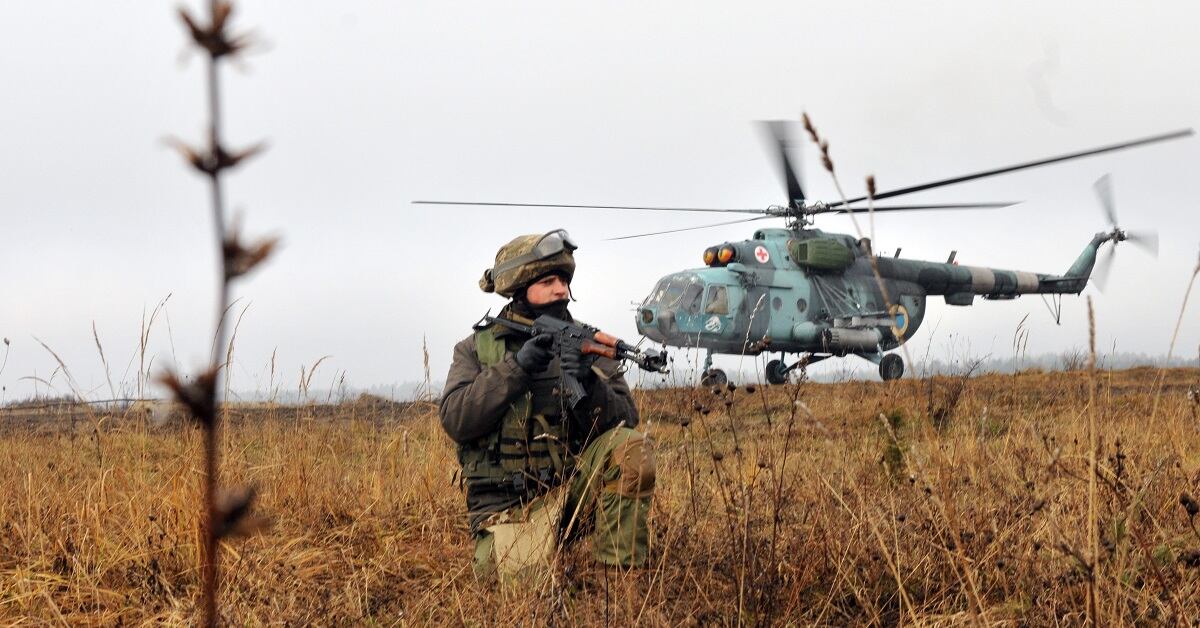The struggle between managing resources for the United States’ counterterrorism fight and an emerging great power competition has quietly begun.
While the U.S. Navy is building up the fleet, the focus on peer-level adversaries like Russia and China is at contention with the responsibility to provide off-shore staging areas for special operations forces.
The issue was put forward by Iowa Republican Sen. Joni Ernst at a hearing on Navy and Marine Corps readiness Wednesday.
“Especially with our renewed focus on great power competition, naval resources will be strained as we continue to build up the fleet,” Ernst said. “The demands in the Pacific and in Europe mean that the Navy and SOCOM [Special Operations Command] will be required to find intuitive ways to supply capabilities to our SOF warriors.”
One way the Navy has explored bringing sea basing to SOCOM in the past is through afloat forward-staging bases, which offer littoral mobility, support and refueling of small boats and special rotary-wing aircraft. Military Sealift Command has also acquired commercial container ships, and outfitted their bays with special dive lockers, armories and surgical suites, according to federal contracts.
Maritime Support Vessel Ocean Trader, for instance, was chartered for SOCOM. The ship has been known to be in service since at least 2016, when it was spotted in the Mediterranean Sea by French media.
Despite these solutions, Ernst, who chairs the Senate’s Emerging Threats and Capabilities Subcommittee, said some SOF representatives have voiced concern to her that they don’t have access to enough sea-basing assets.
“You address a topic that is a gap we know we have and that we’re working on,” Secretary of the Navy Richard Spencer said during the hearing. “We’ll come to you with some requests going forward.”

“If, in a perfect world, I had the ability to go out and buy used ships on the market with very little constraint, we could close this gap quite rapidly,” Spencer added, hinting at the legal nature of that future request.
Ernst also asked how the Navy plans to balance sea-basing support between SOF counterterrorism missions and potential state-on-state conflicts, “where we cannot use those leased vehicles?”
“If I could get some more restraint lifted, I would have the ability to manage that,” Spencer said.
While he didn’t go into what specifically that restraint was on leased vehicles, Spencer said that it dealt with policy limitations that could be addressed within the Senate Armed Services Committee.
RELATED

The policy limitations possibly deal with chartering foreign-flagged vessels as a cheaper alternative to U.S.-flagged ones.
These ships can be leased and fitted with the necessary equipment to conduct SOCOM missions, but they can’t be purchased for long-term use because of legislation designed to protect the American ship-building industry.
Spencer said there are platforms within the U.S. industrial base that would be optimal for current special operations missions, but remained scant on details regarding what he could discuss in the public forum.
“We have the ability right now, with some of the things we’re looking at within the Navy, that would be applicable to missions," he said. "But more importantly, we do have an industrial base out there that has the ability to produce specifically what might be needed for that mission set.”
Commandant of the Marine Corps Gen. Robert Neller said he could provide senators with more information regarding current capabilities in a private setting, after the public hearing.
“There are a lot of things going on with SOF operating off of naval platforms throughout the world," the commandant said. "In fact, we train it, we do it as a matter of course. It happens all the time, it’s just something that you don’t read or see in the newspapers or the media.”
Kyle Rempfer was an editor and reporter who has covered combat operations, criminal cases, foreign military assistance and training accidents. Before entering journalism, Kyle served in U.S. Air Force Special Tactics and deployed in 2014 to Paktika Province, Afghanistan, and Baghdad, Iraq.




